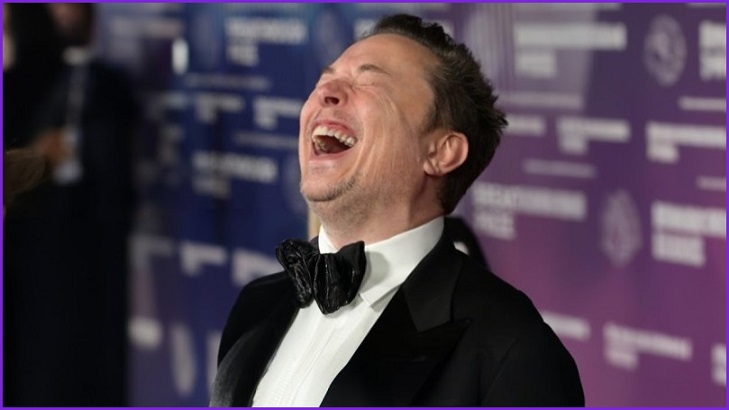It’s making over $20 million monthly from Australian customers, but the Elon Musk-run satellite firm Starlink has joined social-media firm X in blatantly ignoring Australia’s laws, with ACMA formally warning Starlink after it missed four key reporting deadlines.
The broadband satellite provider – which has ballooned in popularity since it debuted locally in 2021 – failed to provide ACMA with details of customer complaints on four separate occasions between October 2023 and July 2024, the regulator alleges.
Such data is a core part of regular Record Keeping Rules (RKRs) that must be adhered to by Australia’s more than 600 registered telecommunications providers, with any telco operating over 30,000 services obligated to provide complaints data quarterly.
Buoyed by reseller agreements with the likes of Telstra and Optus, Starlink is said to have over 200,000 customers in Australia, each paying service fees upwards of $99 per month – suggesting Starlink Australia is bringing in at least $237 million per year.
Telcos must detail the number of services they supply and complaints they receive; the average number of days to resolve complaints and to resolve at least 80 per cent of them; top three complaint types; and the number of Telecommunications Industry Ombudsman referrals received.
While ACMA said Starlink Internet Services Pte Ltd has since provided the required data, the formal warning – issued after an investigation report was finalised earlier this month – noted that the data was not delivered until March 2025, up to 17 months late.
Starlink’s failures to provide such data “hampered the ACMA in its role of monitoring whether Starlink is meeting its obligations towards consumers,” ACMA member Samantha Yorke said of data that help in “tracking where improvements may be needed.”
Musk is establishing a pattern
Starlink’s disregard for Australian laws echoes the ongoing conflict between the Australian government and Musk-owned X, which have fought a back-and-forth battle over regulation that has seen wins for both the social media giant and the government.
X was previously kicked off the government’s misinformation code for a “serious” breach in which it ignored enquiries from a subcommittee, and ignored a $610,500 fine levied over its refusal to engage with efforts to crack down on malicious content.
This month, the company owned by Musk – who has previously called the Australian government “fascists” – sued the government in Federal Court in an attempt to exempt itself from the Relevant Electronic Services Standard (RES Standard).
RESS was laid down by the eSafety Commissioner in 2023 after it concluded that the industry failed to deliver voluntary standards with “appropriate community safeguards for users in Australia”, with tech giants expected to proactively monitor for content.
X has argued that the rules shouldn’t apply to social media platforms – which he argues should be governed by older standards instead – even as other social media rivals like Meta fall into line and fight problems such as AI disinformation.
Musk’s combative approach also raises questions about xAI’s Grok, whose relatively relaxed policies have raised concerns about potential violations of Australian privacy laws and conflicts of interest as Musk foists the AI platform on the US government.
Leveraging Musk’s White House profile
X’s legal action is the latest in a cavalcade of lawsuits around Musk and his companies – with Tesla involved in an estimated 1,750 lawsuits and X juggling multiple actions – but this year Musk’s push back against government regulation has taken a different tone.
Musk’s role leading the so-called US Department of Government Efficiency (DOGE) – which has fed allegations of favouritism – has changed the dynamics of an ongoing stoush that alleges advertisers boycotted X after his 2022 purchase.
The advertisers recently asked a US judge to dismiss the lawsuit, yet the US Federal Trade Commission (FTC) has come down on Musk’s side, demanding documents related to possible collusion between advertisers.
With allegations that Starlink is getting favourable treatment in government tenders from the likes of USAID and the Federal Aviation Administration (FAA), the opposition Democrats are maintaining a laundry list of conflicts of interest.
In the context of such global conflict, arguments over Australian reporting requirements may seem like small potatoes – but as Musk’s disregard for Australian regulations continues, the government will need to decide where to draw the line.
With Musk’s worth in the hundreds of billions, possible ACMA fines mere pocket change, and Starlink single-handedly putting NBN’s rival wireless broadband on the back foot, it could be some time before Australia can convince Musk to care.










